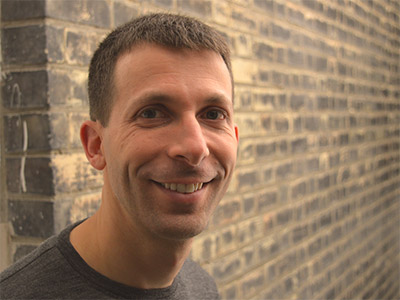
David Silver, who led Google’s efforts to develop the first computer program to defeat the world’s best Go players, was named winner of the inaugural Mensa Foundation Prize honoring discoveries in intelligence and creativity.
The award, which came with a $10,000 prize, recognizes both applied and fundamental discoveries in areas such as brain-related research, creation of tools and mechanisms for advancing such research, or any significant research that leads to an improved understanding of human intelligence, including artificial intelligence. Discoveries must be documented in a major peer-reviewed scientific journal to earn consideration.
Silver was the leader of the AlphaGo team at DeepMind and its primary developer. Computer programs capable of besting the world’s top human competitors in games such as chess and poker have been around for decades. However, Go, a game with oriental origins dating back millennia, had long proven unsusceptible to engineered challengers. A decade after chess champion Gary Kasparov was defeated by a computer in 1997, the best Go programs were still losing handily to human amateurs.
Then in October 2015, AlphaGo, which comprises a complex combination of hardware and software, became the first program to defeat a human professional player. The results were published the following year in Nature. Later, AlphaGo bested Lee Sedol, widely considered the world’s best Go player, 5-0 in a five-game match, marking a major achievement in the world of artificial intelligence.
Dr. Harry Ringermacher, Chair of the Mensa Foundation Prize Committee, said Silver’s research perfecting AlphaGo elevated artificial intelligence to a new level, permitting a deeper understanding of the nature of human intelligence. “We believe that brain research, together with brain function modeling through AI and advanced computation, are equally important to achieving such an understanding,” Ringermacher said.
Silver was presented with the award in July. In a video acceptance and thank you speech played at the Hollywood, Fla., Annual Gathering, Silver explained the program’s ability to beat professional human Go players.
“Last year we developed a program, AlphaGo, that is able to learn human-like intuitions for itself from first principles,” he said. “AlphaGo uses deep neural networks to evaluate the [game board] position, both to predict the winner and also to select the best move to play. These neural networks are trained by playing many thousands of games against itself. AlphaGo combines the intuitive evaluation provided by these neural networks with a deep look-ahead search.”
Many experts in artificial intelligence believed besting an advanced human Go player was an AI achievement still a decade from fruition.
The biennial Mensa Foundation Prize is endowed by the estate of Kenneth Douglas Thomson (1934-2013), a longtime Mensan from California. A member for nearly 50 years, Thomson valued the organization as much as he valued intelligence and learning.
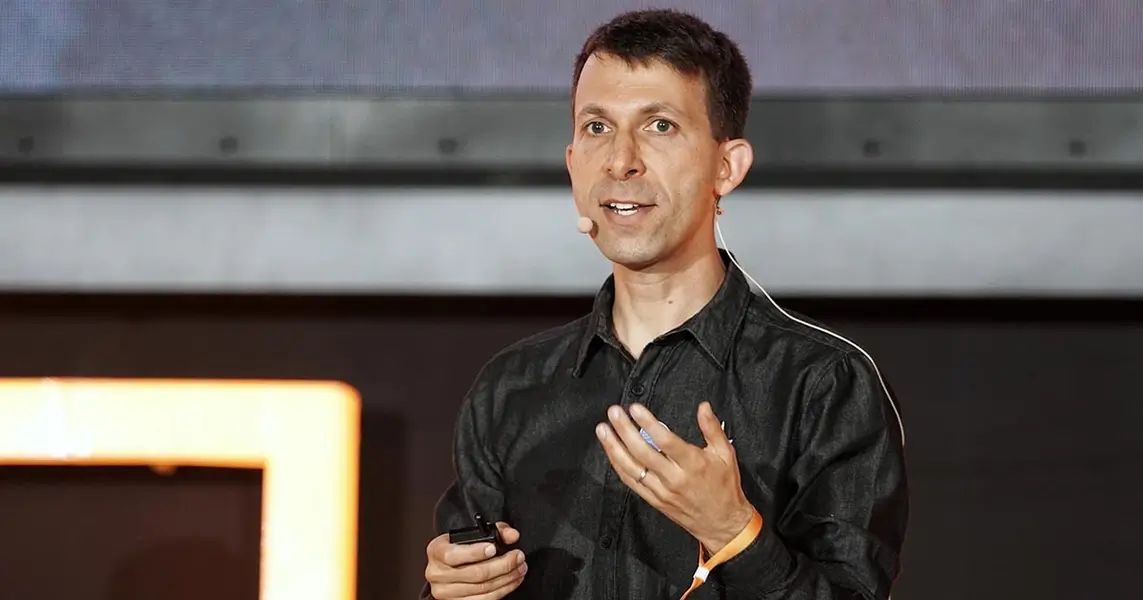
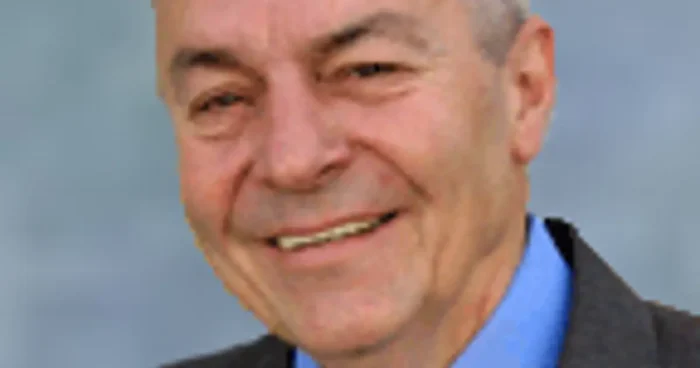
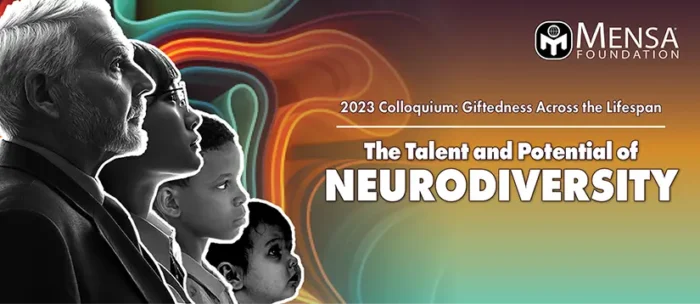
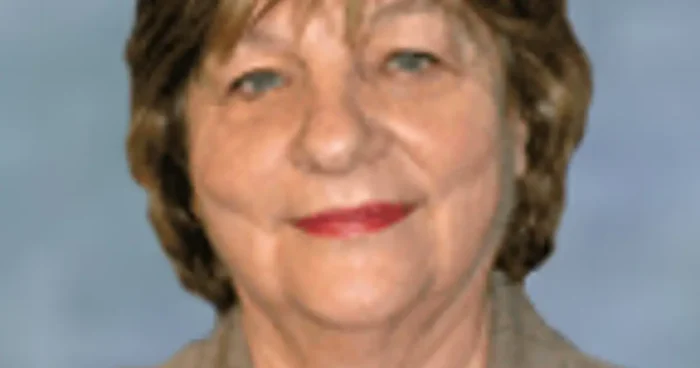





Comments (0)